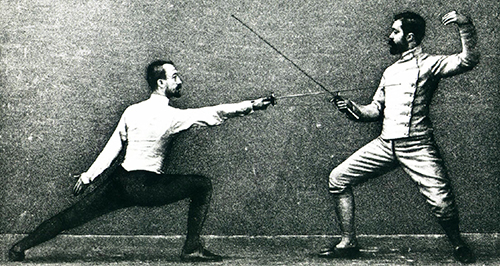Types of Motivators
Intrinsic and Extrinsic Motivators
In thinking about self-motivation, it is helpful to understand what motivates you to do things.
There are two main types of motivators: ‘intrinsic’ and ‘extrinsic’.
In their simplest form you can think about these two types of motivation as:
Intrinsic = related to what we want to do.
Extrinsic = related to what we have to do.
A more detailed definition is:
Intrinsic: To perform an action or task based on the expected or perceived satisfaction of performing the action or task. Intrinsic motivators include having fun, being interested and personal challenge.
Extrinsic: To perform an action or task in order to attain some sort of external reward, including money, power and good marks or grades.
Different people are motivated by different things and at different times in their lives. The same task may have more intrinsic motivators at certain times and more extrinsic motivators at others, and most tasks have a combination of the two types of motivation.
Example:
John works because he has to pay his mortgage and feed himself and his family. He gets no satisfaction from his job and there is no chance of promotion. John’s motivators are purely extrinsic.
Sally works because she loves what she does, she gets enormous satisfaction and self-fulfilment from her work. Sally has enough money put away that she does not need to work, she owns her house outright and can afford to buy what she wants when she wants it. Sally’s motivators are purely intrinsic.
Clearly Sally and John are at different ends of the self-motivation spectrum. Most people, however, fall somewhere in the middle.
Most people do have to work in order to earn money, but at the same time they also find their day-to-day work life rewarding or satisfying in other intrinsic ways—job satisfaction and the chance to socialise with colleagues, for example.
Tags: Be Self-Motivated










